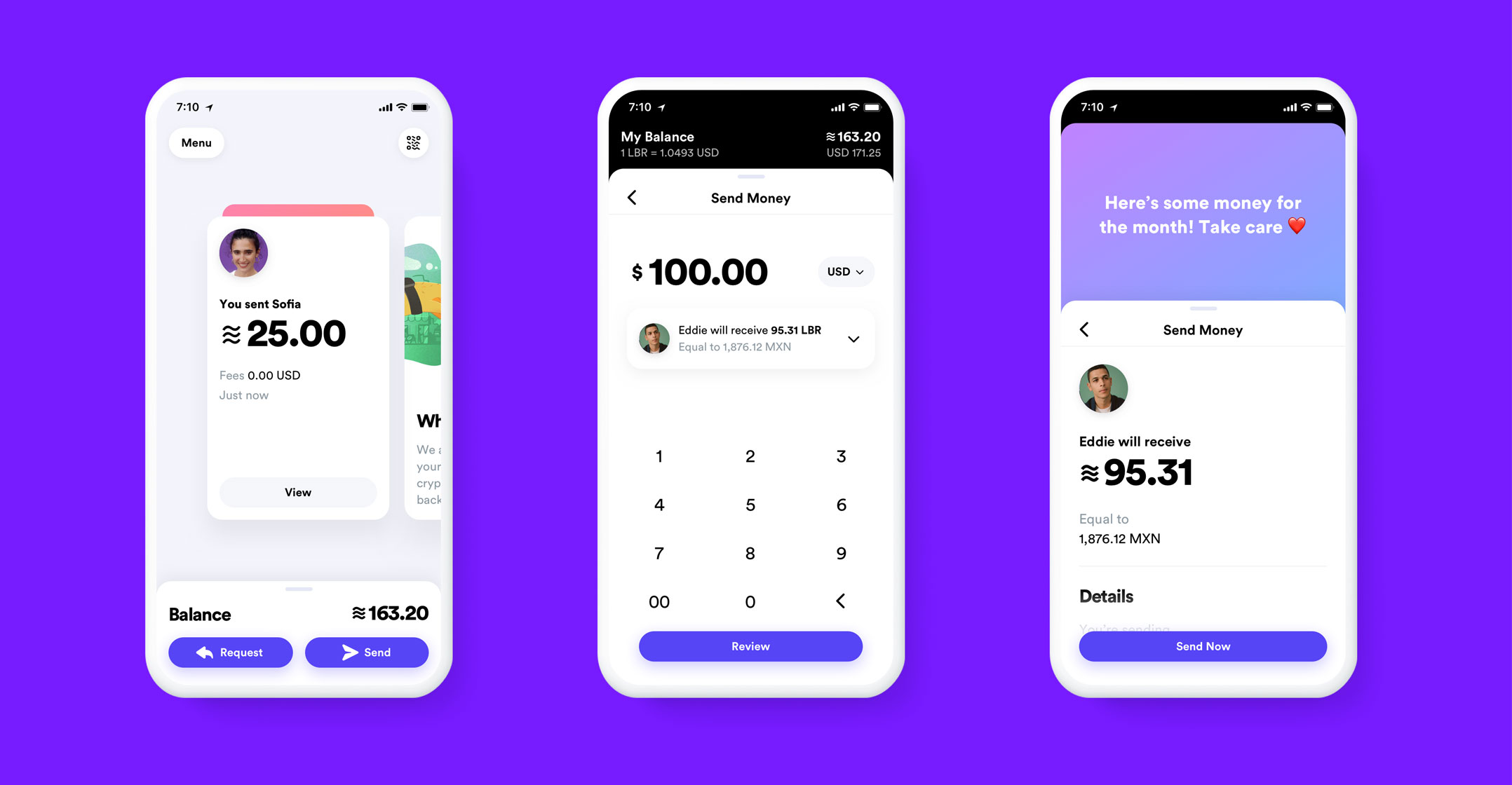 Visa, Mastercard and PayPal may have boosted the single, greatest risk they face — that of tougher regulation — by becoming early backers for Facebook’s new digital money, called libra.
Visa, Mastercard and PayPal may have boosted the single, greatest risk they face — that of tougher regulation — by becoming early backers for Facebook’s new digital money, called libra.
That’s according to Morgan Stanley analyst James Faucette, who wrote that the three companies face a potentially “heavy burden” as already-fierce regulatory scrutiny is likely to keep growing.
“It is not a stretch to imagine that widespread take-up and usage of libra could result in the coin being able to become a free-floating currency,” Faucette said. That may turn it into a “supranational currency beyond the control of governments and central banks”, which means there’s probably going to an “up-swell of vocal opposition from regulators, central bankers and lawmakers globally”.
Mastercard and Visa face greater regulatory and political risk than technology risk, he said. As the cost of transactions fall, it will be hard to dislodge them as industry leaders — unless there’s political or regulatory opposition. “But such pushback is real,” Faucette said.
However, he’s still bullish on the companies, along with PayPal, as libra isn’t yet “far enough along to dent our enthusiasm”. He also takes solace from some companies’ openness to leaving the libra group “if opposition and process seem too daunting”.
US house and senate hearings on Facebook’s digital coin, scheduled for mid-July, are “significant” for the company, and for Visa, Mastercard, PayPal, Stripe and other firms, Cowen’s Jaret Seiberg wrote in a note.
“These hearings are critical for Facebook,” he said. “There is only one chance to frame the debate. It has to set a tone at these two hearings for how libra will benefit consumers while protecting their privacy.”
That’s a hard task, as the hearings will likely be hostile and most lawmakers are likely to be sceptical. “Even lawmakers who generally support crypto are likely to see little political upside in supporting Facebook’s entry into the space,” Seiberg said. — Reported by Felice Maranz, (c) 2019 Bloomberg LP




